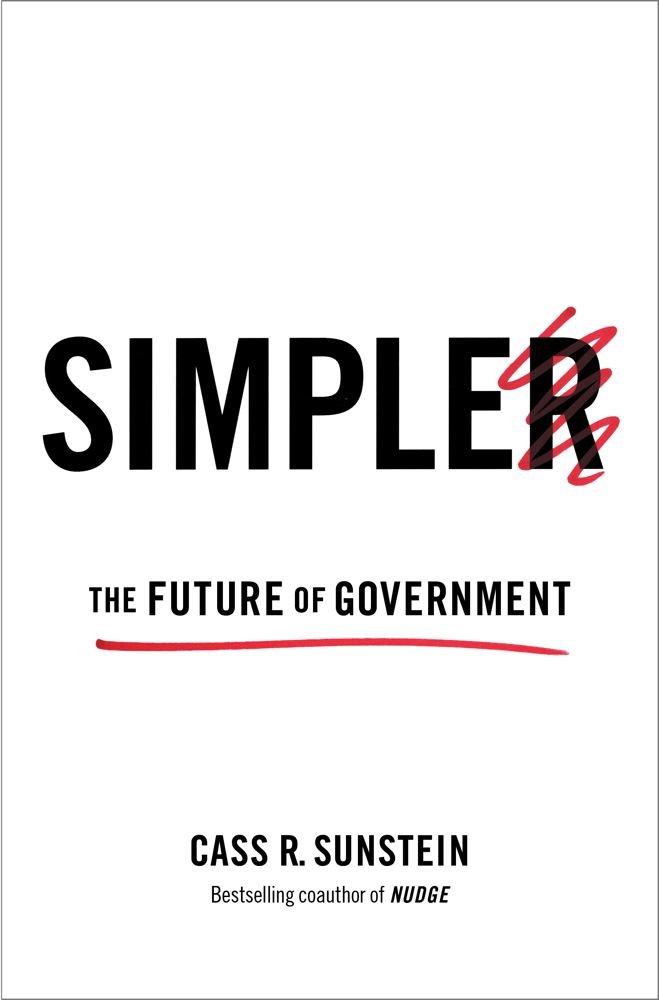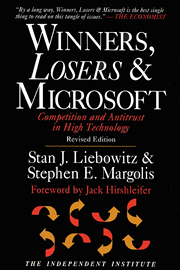Here are our course offerings for the Spring term.
ECON 100 ● INTRODUCTORY MICROECONOMICS ● 8:30-09:40 MWF BRIG 420 ● Mr. Galambos
ECON 120 ● INTRODUCTION TO MACROECONOMICS ● 01:50-03:00 MWF BRIG 223 03:10-04:20 T BRIG 223 ● Mr. Georgiou
ECON 151 ● INTRO TO ENVIRONMENTAL POLICY ● 09:50-11:00 MWF BRIG 224 ● Mr. Hixon
ECON 170 ● FINANCIAL ACCOUNTING ● 11:10-12:20 MWF BRIG 223 ● Mr. Vaughan
ECON 225 ● DECISION THEORY ● 01:50-03:00 MWF BRIG 206 ● Mr. Galambos
ECON 245 ● LAW AND ECONOMICS ● 11:10-12:20 MWF BRIG 423 ● Mr. Georgiou
ECON 280 ● ENVIRONMENTAL ECONOMICS ● 12:30-02:20 TR BRIG 223 ● Mr. Gerard
ECON 300 ● MICROECONOMIC THEORY ● 08:30-09:40 MTWR BRIG 223 08:30-09:40 ● Mr. Gerard
ECON 320 ● MACROECONOMIC THEORY ● 09:50-11:00 MTWR BRIG 223 09:50-11:00 ● Mr. Finkler
ECON 421 ● INVESTMENTS ● 01:50-03:00 MWF BRIG 217 ● Ms. Karagyozova
ECON 425 ● ENTREPRENEURSHP AND FINANCE ● 02:30-04:20 TR BRIG 217 ● Mr. Finkler, Mr. Vaughan
ECON 465 ● INTERNATIONAL FINANCE (G) ● 09:50-11:00 MWF BRIG 206 ● Ms. Karagyozova


